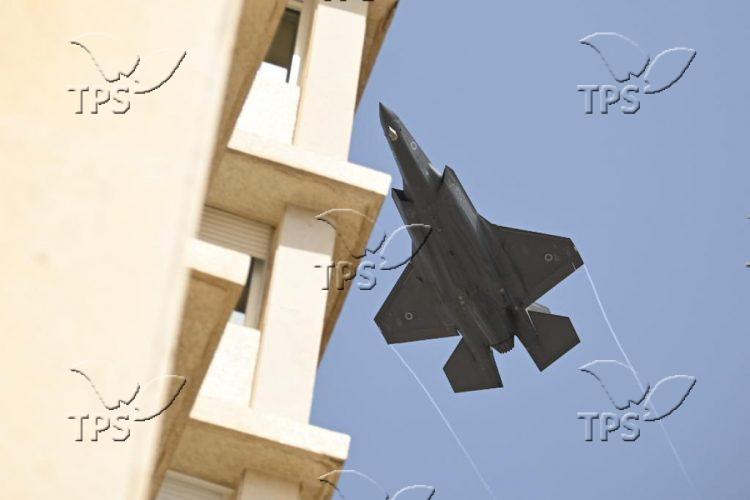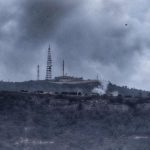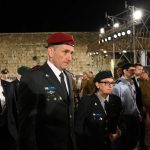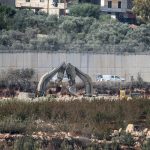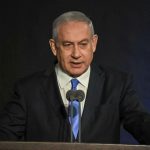Israel-Iran Conflict Moves Out of the Shadows and Into the Open, Says Analyst
Jerusalem, 2 April, 2024 (TPS) -- A Monday airstrike on Iran’s embassy compound in Damascus attributed to Israel is a “significant escalation,” an analyst explained ahead of a UN Security Council meeting on the attack.
The attack killed Gen. Mohammad Reza Zahedi of the Islamic Revolutionary Guards Corps, his deputy, Mohammad Haj Rahimi, and five other IRGC officers.
Professor Eyal Zisser, vice-rector of Tel Aviv University and chair in Contemporary History of the Middle East, told The Press Service of Israel that Zahedi was the highest-ranking IRGC figure assassinated since Qasem Soleimani was killed in a US airstrike in 2020.
“Zahedi was responsible for the establishment of Iran and the Iranian presence in Syria and Lebanon for the last two decades, so it’s very significant. It seems that Israel once again is targeting Iranians themselves, not just the delivery of weapons,” Zisser told TPS-IL.
Zahedi was a commander in the Quds Force, a special force within IRGC, responsible for carrying out unconventional warfare and intelligence activities abroad. The IRGC also spearheads Iran’s relations with proxy militias abroad such as Hamas, Hezbollah, Yemen’s Houthis and Shi’ite militias in Iraq.
Israel did not acknowledge carrying out the airstrike, but Defense Minister Yoav Gallant hinted as much to the Knesset’s Foreign Affairs and Defense Committee on Tuesday. “We are in a multi-front war, in the offense and defense. We see evidence of this every day, including in recent days,” Gallant told lawmakers.
Israel is also working “to make it clear to everyone who acts against us, all over the Middle East, that the price for acting against Israel will be a heavy price,” Gallant added.
Explaining Israel’s refusal to openly acknowledge the strikes in Syria and Lebanon, Zisser explained, “It’s enough that everybody knows Israel did it. But if you push too much, it forces the other side to take action.”
The United Nations Security Council is due to meet on Tuesday to discuss the airstrike at the request of Russia. But Zisser said he did not expect the meeting to accomplish much.
“It’s more for show,” Zisser said. “Israel didn’t take any responsibility, so nobody can blame Israel. But they’ll mention that it’s probably Israel and so forth. They can condemn, but not more than that. Russia on one hand would condemn Israel, but on the other hand, they don’t care that we hit the Iranians.”
Zisser also stressed that the airstrike was not related to a drone attack on an Israeli naval base in Eilat on Monday. A coalition of Iran-backed militias called the Islamic Resistance of Iraq claimed responsibility for the attack, which damaged a building. According to Zisser, the strike on Damascus was an opportunity that presented itself and “would have happened anyway.”
Although Tehran has vowed to avenge the airstrike, Zisser said Iran’s ability to retaliate is limited.
“In previous times, they tried to hit Israeli ships in the Indian Ocean and this sort of thing. But they can’t do more. They don’t have the operational or intelligence capabilities that Israel has,” Zisser said.
“So all they can do is launch rockets and missiles and drones at Israeli targets,” he said.
Until recently, the Israel-Iran conflict was described as a “shadow war,” but since October 7, that has shifted. With Hezbollah firing rockets daily and the Houthis and Iraqi Shi’ite militias targeting Eilat, “The conflict is no longer hidden, no longer in the shadows.”

